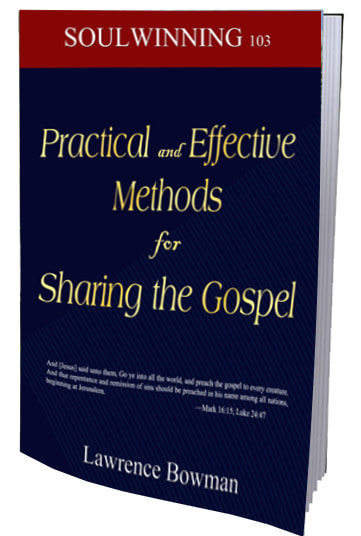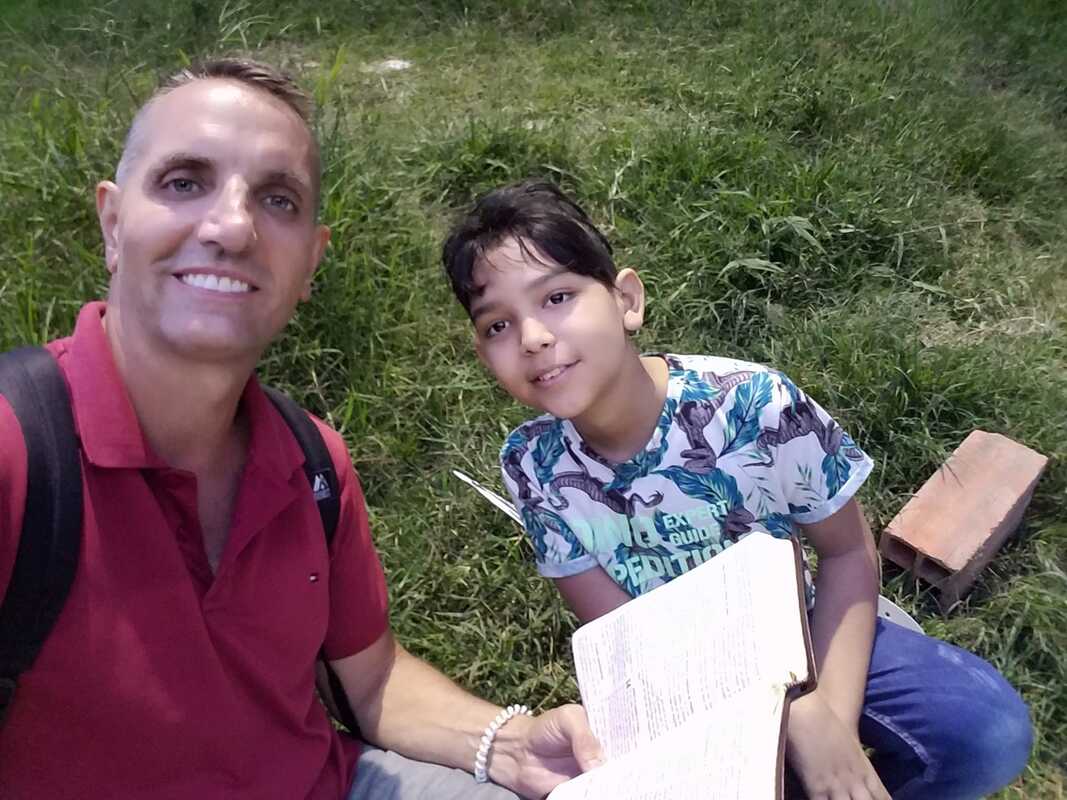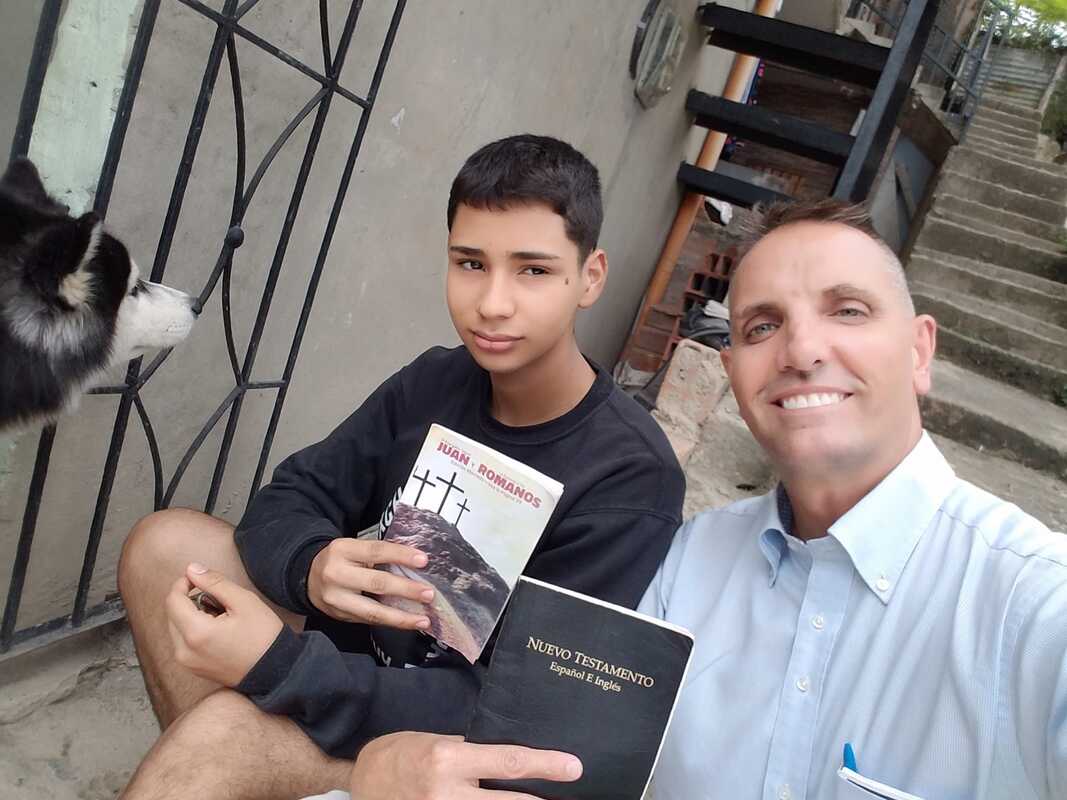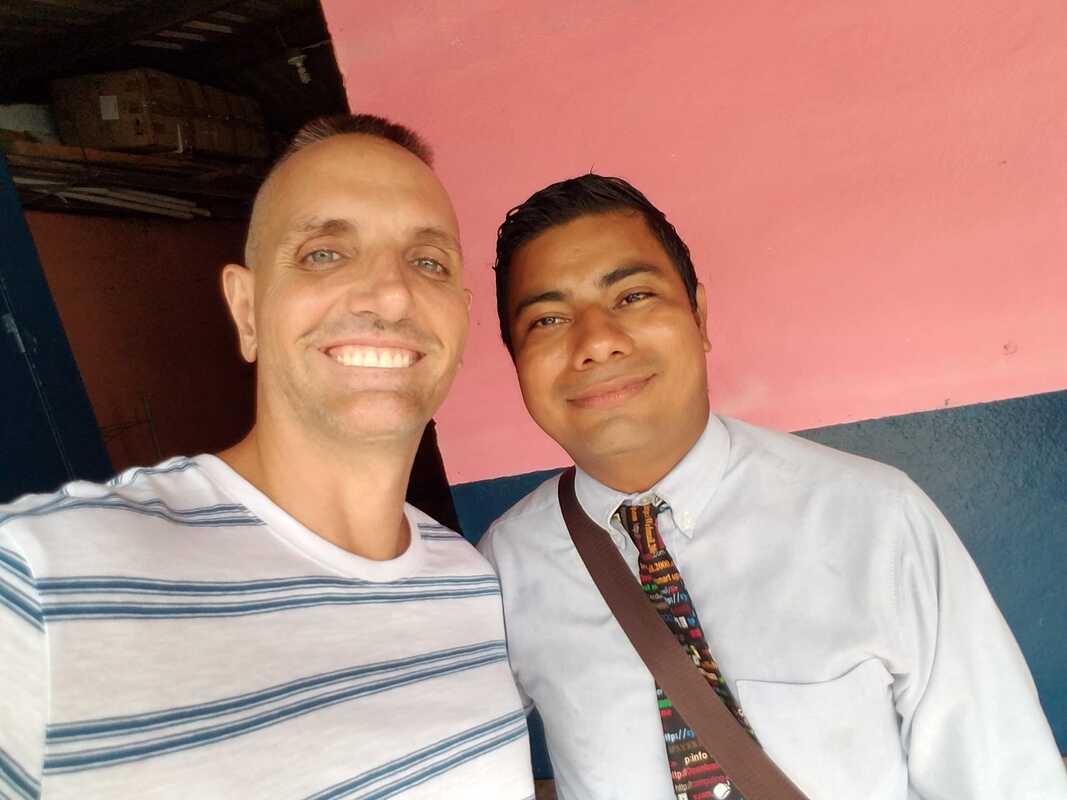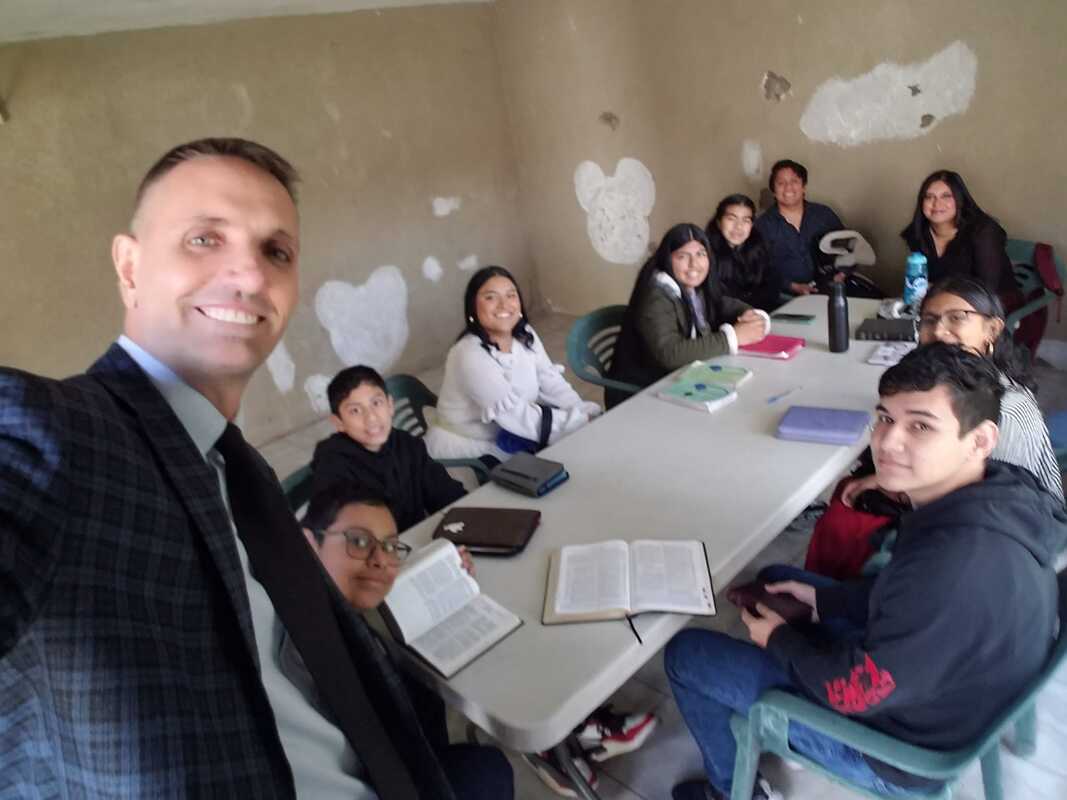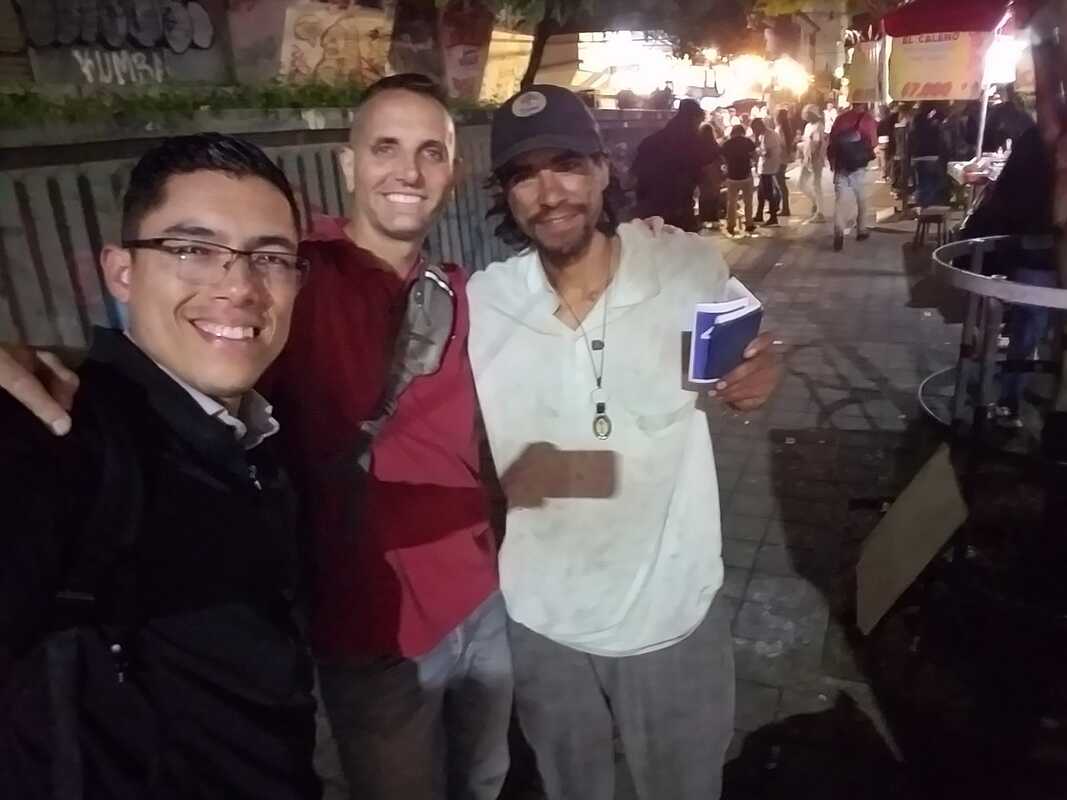
Prayer does not so much change things around us as it changes us in the situations of life. God has so constituted things that prayer on the basis of redemption alters the way in which a man looks at things. Prayer brings about wonders in a man’s disposition.
Just as the body is deprived when it does not have food, the spirit is deprived when it does not have prayer. Prayer is the way the life of God is nourished within a believer. Prayer is the food that makes you less self-sufficient and more God-sufficient. We can either starve or nourish our relationship with God.
The scriptures exhort us in Romans 12:12 to continue persevering in prayer. Ephesians 6:18 instructs us to be always in the mindset of prayer and supplication. That word supplication means coming to God pleading for something; such as asking God to reprove people of sin, righteousness, and judgment, or entreating God to raise up and send forth more laborers into His harvest. This is intercessory prayer and we are to intercede for others who do not know to pray (1 Timothy 2:1).
In Genesis chapter 18 when the Lord revealed to Abraham that He was going to judge and destroy the wicked cities of Sodom and Gomorrah, Abraham was immediately concerned for his family dwelling in Sodom. The scriptures tell us that Abraham “stood yet before the LORD” (Genesis 18:22). He began to intercede before God for Lot's family. Abraham steadfastly continued to intercede for them until God made it clear that they would be saved from judgment.
We need to be steadfast in our prayers for people as Abraham was for his family. We need to be determined in asking the Lord to extend mercy toward people. We need to stand in the gap before God and people as intercessors and pray that God would extend more kindness, grace, and longsuffering toward them. For the Lord’s work of wrath and judgment is His strange act (Isaiah 28:21), and although God eventually metes out righteous judgment, the Lord delights to demonstrate longsuffering, mercy, and grace, especially in response to believers’ prayers.
May we be found engaging bountifully in prayer; So Philippians 4:6 will be true of us: a people careful for nothing. How good it is to be free from anxiety and worry, and to live in peace of mind! Then, no matter what our present state is, we can thank God for what He is doing and will do in the future. We do not have to worry about anything. We do not have to be anxious, but we can live in peace of mind with thankfulness through both the good and perplexing situations, waiting patiently to see what the Lord will do.
Prayer assists us in embracing what God’s sovereignty presents in this life. It enables us to accept even those troublesome unexpected circumstances that come our way. Prayer helps us to be patient and not to ask God to remove baffling conditions, but instead to ask God for the grace and perseverance to walk with Him through the dark valleys and shadows of death.
A determined Christian living life more abundantly learns to seek God in prayer to understand how God may be best glorified (John 14:13-14, 15:16, 16:23-26). He seeks God’s interests instead of the things that interest and comfort him. His prayers become more God-centered and less self-centered. Soon, he finds himself thinking less much about himself and much more about the things of God.
If a Christian desires to be useful for the kingdom of God, then he must decide to be an individual who uses the tool of prayer frequently. We can be greatly encouraged by the many testimonies in the Bible of people who sought God in prayer for strength, wisdom, knowledge, and direction. We see Moses pleading with God for a deeper revelation (Exodus 33), Samuel crying unto the LORD for his people (1 Samuel 7:9 and 1 Samuel 12:23), Elijah casting himself down before God (1 Kings 18:41-46), and Daniel communing with and thanking God (Daniel 6:10). Each man regularly sought God in prayer; they cast their burdens upon the LORD, and God sustained them so that they were not moved.
These examples should grip our hearts and inspire us toward more prayer with the Lord, always. They illustrate how powerful prayer is and how essential it is for man. Prayer helps our hearts to be positioned in agreement with God in what He says and does. God is pleased to use the prayers of His people to accomplish His purpose in this world. Prayer does not bend the unwilling God to be favorably disposed toward us. Prayer, however, is the means that God uses to accomplish many of His plans through us. Prayer bends us.
Prayer is a supernatural divine privilege. It is a precious gift God gives us. The responsibility of this gift is filled with the satisfaction of helping the helpless, and of seeing the purpose of God fulfilled and the strategies of Satan thwarted. The real work of God is executed in the unseen arena of prayer. We are often given opportunities to see the results of our prayers in this visible world; however, God is also doing much more behind the scenes of life, acting in response to those who labor daily in prayer.
Exodus 17 vividly illustrates this reality. As the Israelites engaged in a pitched battle with the Amalekite army on the plain of Rephidim, Moses stood atop a hill overlooking the battlefield. Whenever he held up his arms with the rod, Israel prevailed. But when he lowered his arms, the Amalekites would gain the advantage of the battle. The clear principle emerges from this account that God acts in response to the prayers of His intercessors, supernaturally enabling those He has called to accomplish the assigned task. Moses’ part in the victory of the battle, though it was probably unseen and unnoticed by those in the fight, without a doubt was vital.
Our role in the work of God throughout the world may be unnoticed, unseen, or unappreciated. This is alright. Like Moses, God calls you and me to “hold up the rod of prayer before God.” God sees those who faithfully come before Him in prayer. He takes account of individuals’ faithfulness behind the scenes in prayer.
The dilemma is that there needs to be more intercessors. Ezekiel 22:30 declares that God is searching for Christians who will stand in the gap as intercessors between Him and people. The scripture says, “And I [God] sought for a man among them, that should make up the hedge, and stand in the gap before me for the land, that I should not destroy it: but I found none.” There is indeed a gulf between God and His creation, and that gulf is sin. The destructive effects of sin in the lives of people saddens God; therefore, God seeks individuals to share His care for them. God seeks Christians who will prove their love for man by involving themselves to intercede on people's behalf before God. How sad that in Ezekiel’s day God had difficulty finding intercessors. Today, we believers in Christ are given the same opportunity to do what God could not find anyone to do in Ezekiel’s day—to demonstrate our love for man by being intercessory prayer warriors. The question is, will God today find you involving yourself in intercessory prayer?
May God not look at you or me today and say He cannot find us standing in the gap, prayerfully interceding for people. We must take our part in God’s program seriously and intercede for others through prayer (1 Peter 4:7). We need to be determined to develop the same attitude that Samuel had for Israel. He exclaimed in 1 Samuel 12:23, “[God] forbid that I should sin against the LORD in ceasing to pray for you.” What an attitude! What a stance to take upon oneself before the Lord!
Remember, God is not an explanation; God is a revelation. In our prayers, we need to implore God that He will reveal sin, judgment, and His righteous plan of salvation to people. It does not matter how well or eloquently we can explain the gospel. If God does not reveal the truth, then there is no way in Heaven or Earth that we will be able to make the gospel clear to them. The gospel makes its appeal to a person’s sensibility, not their intellect. The way into the kingdom of God is the heart first, not the head. Therefore, when we try to witness and persuade people to trust the truth, we also need to stand in the gap and pray for them.
God reminds us in the Bible that if we are to be effectual servants of God then it is extremely important that we labor in prayer. It is so urgent that more than 500 times in the Holy Bible God emphasizes it, exemplifies it, teaches on it, and commands us to pray. (See the command in 1 Thessalonians 5:17 for just one example.)
So, as a recap, the Bible teaches that our prayers should consist of:
· Praising and adoring God for who He is (Hebrews 13:15)
· Confessing our sins to God (1 John 1:9)
· Petitioning God for our requests (Matthew 7:7-8)
· Interceding on the behalf of others to God (1 Timothy 2:1)
· Thanking God for the things He has done, is doing, and will do (Ephesians 5:20)
· Listening to God (Psalm 46:10)
· Obeying God (Jeremiah 7:23)
As I mentioned earlier, there is a bountiful supply of individuals’ prayers recorded throughout the Bible. Each prayer contains valid points to learn from. I encourage all believers to seek, find, and study all the prayers mentioned in the Bible. It will surely keep you busy and be a valuable study for you to gain much insight in how to rightly come before God’s throne.
















